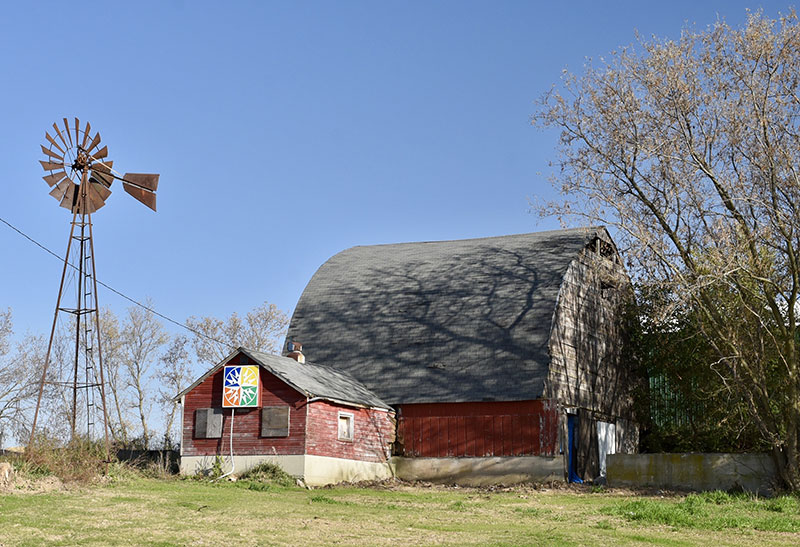
CATEGORIES: Elder Law, Medicaid Planning, Crisis Planning, Advance Planning, Asset Protection, Nursing Home, Long Term Care, Elder Care Attorney, Medicaid Estate Recovery, Winston Salem, North Carolina, NC.
While putting a home or other real property into a Joint With Right of Survivorship (JTWROS) deed has been effective in protecting homes and other real property from Medicaid Estate Recovery claims following the owner’s death, key members of the North Carolina Elder Law bar believe that JTWROS deeds may protect real property against claims from many other types of estate creditors as well.
REAL PROPERTY, NOT SET UP TO TRANSFER BY RIGHT OF SURVIVORSHIP, MAY BE SUBECT TO PROBATE CREDITORS
If real property owned by a person who dies (decedent) has not been set up to be transferred directly to an heir or hears via Right Of Survivorship (ROS), through a life estate deed, or via a proper irrevocable trust, such real property may be available to estate creditors under North Carolina probate law. Under NC probate law, before the decedent’s beneficiaries can be paid according to a will (or according to state law if there is no will) or revocable trust, all valid estate creditors (including Medicaid) must be paid first.
MEDICAID AND OTHER MEDICAL BILLS MAY BANKRUPT AN ESTATE
For anyone who dies with large unpaid medical bills, including hospital bills, ambulance bills, physician bills, surgery bills, medical treatment bills, and unpaid care facility bills, all of these bills may likely be attached to the decedent’s estate during probate. If Medicaid has been used for nursing home care or other care, Medicaid has kept track of every dollar spent on the Medicaid recipient’s care during their life. Medicaid then constructively attaches its bill, which can be hundreds of thousands of dollars in some cases, to the Medicaid recipient’s/decedent’s estate during the county probate process. Any such large bills may bankrupt the decedent’s estate, leaving no assets for beneficiaries, and any home or real property (frequently the largest assets most people own) may be lost to medical estate creditors.
JTWROS DEEDS PROTECT AGAINST MEDICAID ESTATE RECOVERY
In order to protect homes, family farms, and other real property against Medicaid Estate Recovery, elder law attorneys may use a Joint with Right of Survivorship (JTWROS) deed to reconfigure ownership of the real property between a senior individual or couple, and one or more of their children or other persons.
JTWROS transfers are not subject to Medicaid’s 5-year lookback penalty (under current NC Medicaid rules), when the beneficiary who receives joint ownership pays the county tax value for his or her share (the beneficiary’s initial share is typically 1% or less of the entire parcel.)
JTWROS deeds have proven effective in keeping property away from probate Medicaid Estate Recovery, as Medicaid does not currently attempt to attach homes or other real property transferred to heirs by JTWROS deed in North Carolina.
JTWROS DEEDS MAY PROTECT REAL PROPERTY AGAINST OTHER ESTATE CREDITORS IN ADDITION TO MEDICAID
Key members of the NC Elder Law bar believe that JTWROS deeds have even more usefulness than protecting from Medicaid Estate Recovery alone—JTWROS may additionally protect NC real property transfers to beneficiaries against many other types of general estate creditors.
In many situations, the legal case Wilson County v. Wooten 251 N.C. 667, 111 S.E.2d 875 (1960), which held that the welfare departments of Durham and Wilson counties could not attach bank account assets transferred to a beneficiary via right of survivorship, likely protects all right of survivorship transfers not otherwise specifically available to estate creditors under NC statutes, including JTWROS deed real estate transfers, from the decedent’s estate creditors in North Carolina.
The Wilson County v. Wooten ruling follows old English joint tenancy common law going back many years, where real property held in a joint tenancy passes at death by operation of law to the survivor free and clear of claims of creditors or other heirs of the deceased joint tenant. The Executor or Personal Representative of the decedent’s estate (and the creditors of that estate), thus have no claim to such transferred property. A more recent legal case, Miller v. Miller 117 N.C. App. 71 (N.C. St. App. 1994), reconfirms that in North Carolina, JTWROS property is not part of a decedent property owner’s estate, and that the surviving JTWROS property owners take the entire property, free and clear of the claims of heirs or creditors of the deceased JTWROS property owner.
The JTWROS procedure has limits protecting real property against creditor problems during the senior’s life (bankruptcy proceedings for example), because the senior still owns an attachable interest in his or her real property. In addition, the JTWROS procedure has limits protecting real property against medical estate creditors other than Medicaid if the senior is married, because under the “Doctrine of Necessaries” in North Carolina, both members of a married couple may be individually obligated to pay an ill spouse’s medical bills, including after an indebted spouse has passed away.
In many cases, however, JTWROS deeds may remain very useful in protecting real property against Medicaid and other types of estate creditors.
SOURCES
Burti, Christopher L., Statewide Title, Farmville, NC.
Rocamora, Larry, McPherson, Rocamora, Nicholson & Wilson, PLLC, Durham, NC.
Wilson County v. Wooten 251 N.C. 667, 111 S.E.2d 875 (1960)
Miller v. Miller 117 N.C. App. 71 (N.C. St. App. 1994)
